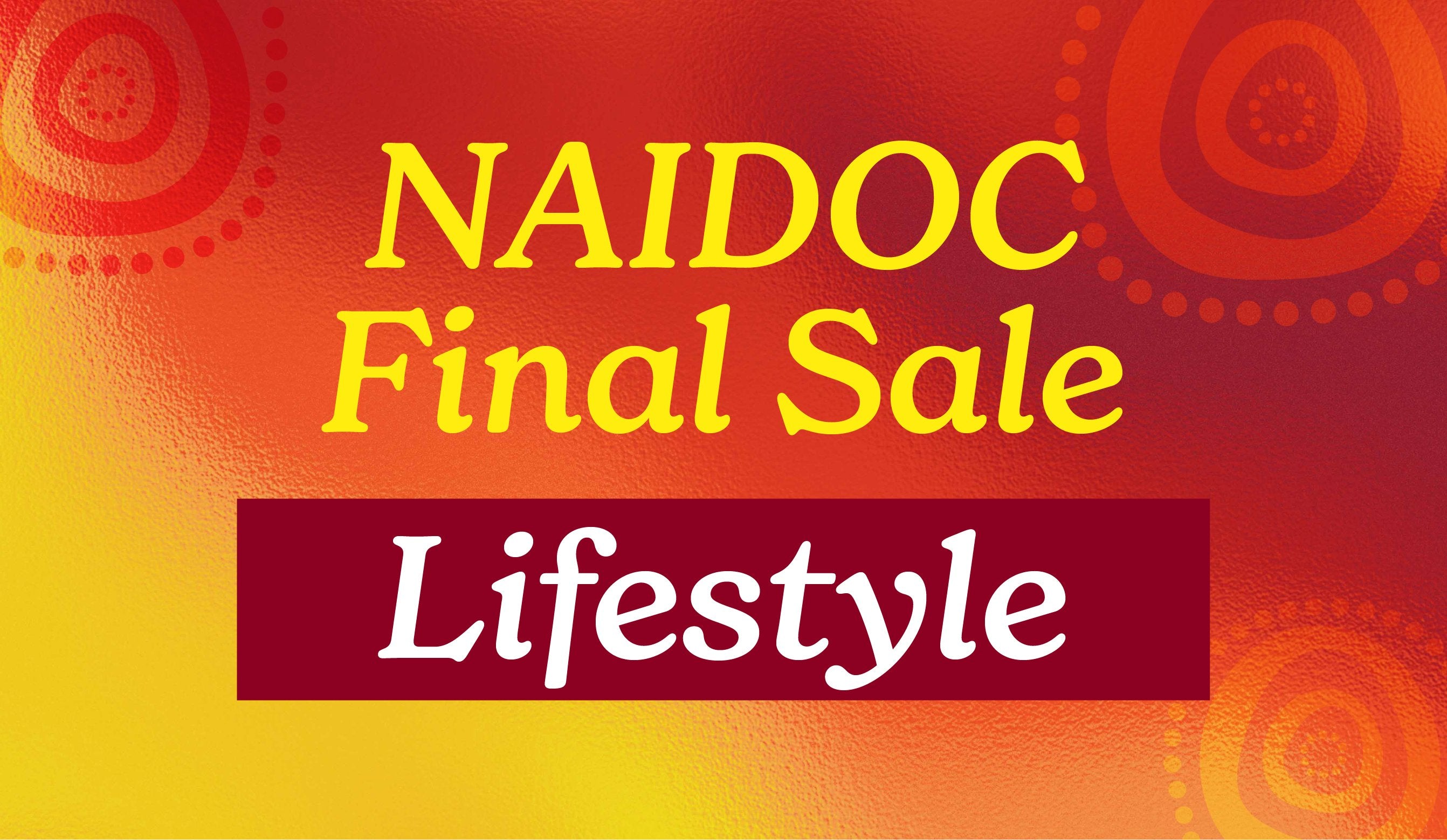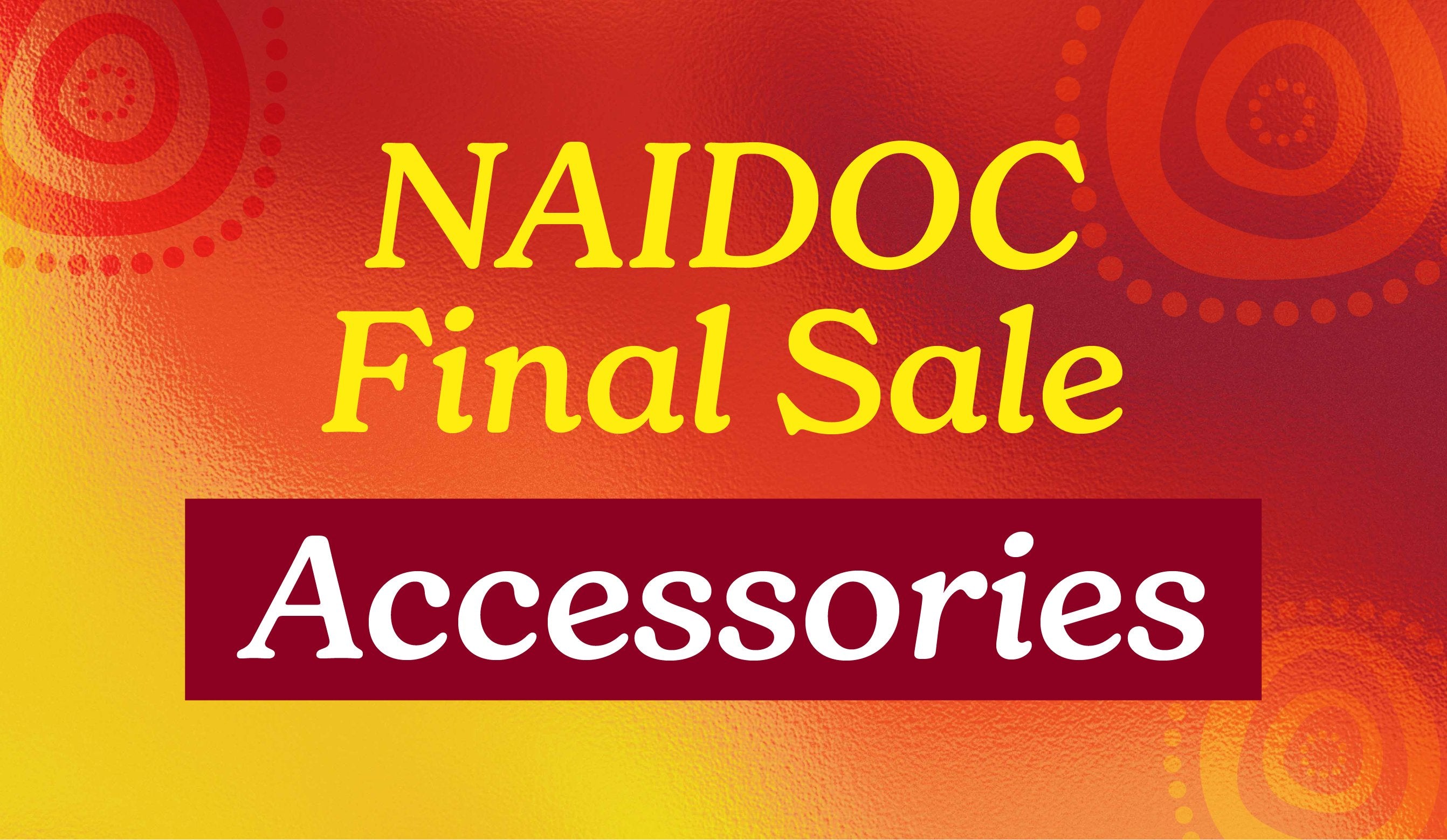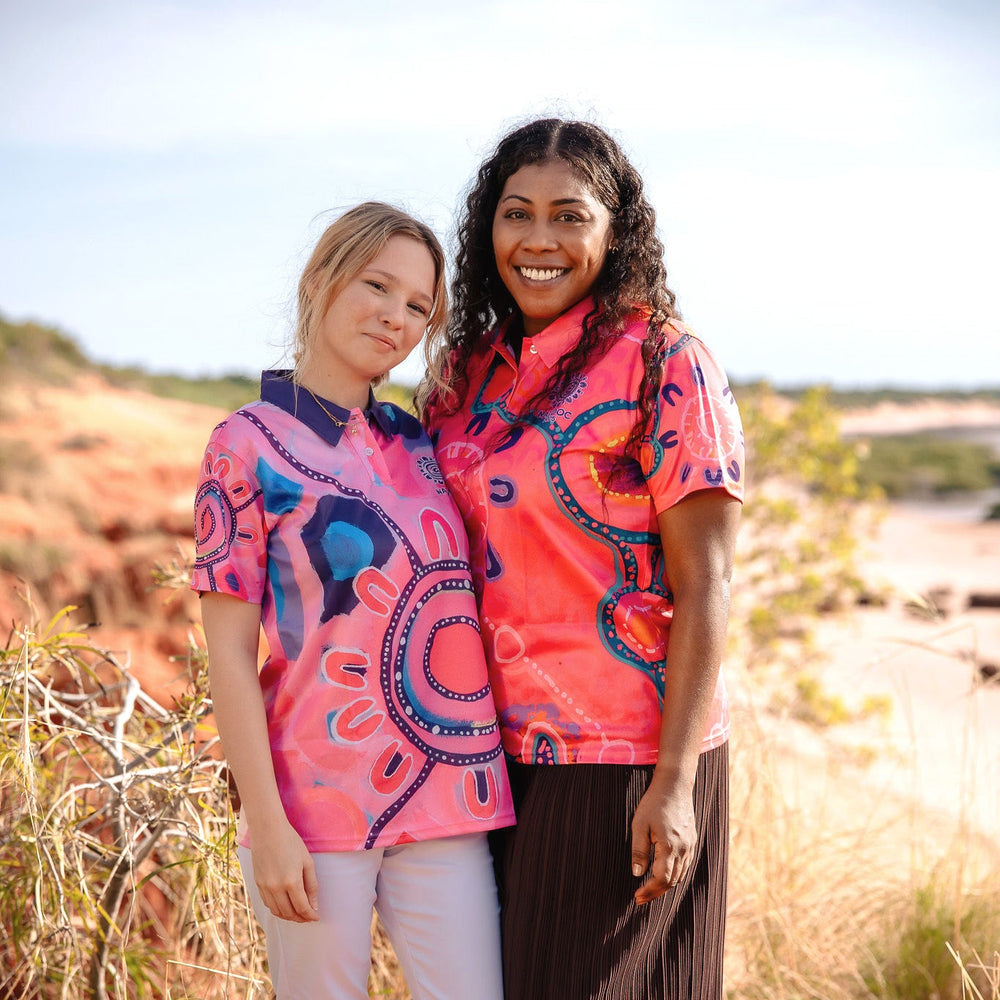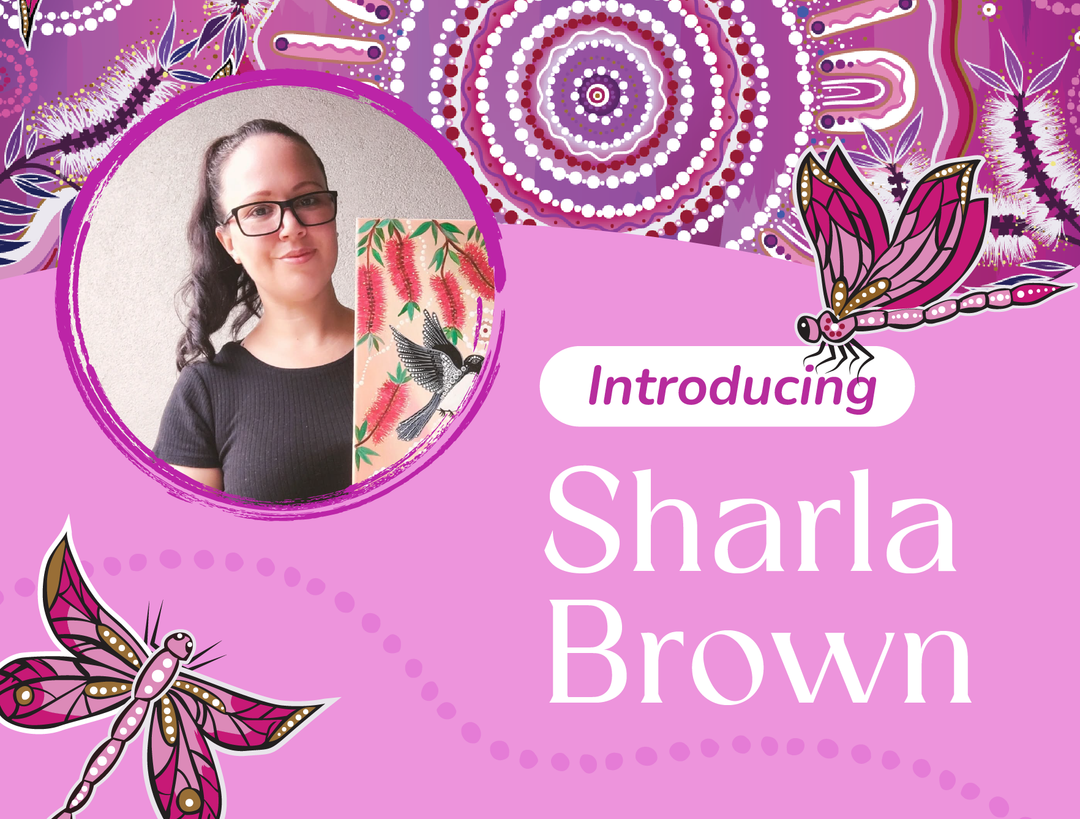Let's have a look at self-determination and its significance for Aboriginal and Torres Strait Islander communities in Australia. The recent failed voice referendum underscores the pressing need to understand and appreciate the concept of self-determination for Indigenous Australians.
The referendum's outcome, while disheartening for many, highlights the challenges faced by Indigenous communities in their quest for recognition and representation. It serves as a stark reminder of the historical and ongoing struggles of Aboriginal and Torres Strait Islander people to have their voices heard and rights acknowledged.
In the wake of the referendum, it becomes even more crucial to delve deeper into what self-determination means for Indigenous communities. It's about their right to make decisions affecting their lives, to preserve their ancient cultures and traditions, and to govern themselves in ways that resonate with their values and beliefs.
What is Self-Determination?
Self-determination is an ongoing process ensuring that people can make decisions about matters affecting their lives. It's all about choice, participation, and control. For Indigenous Australians, it's the right to determine their political status and their economic, social, and cultural development. It's a collective right, recognising long-held traditions of independent decision-making and self-governance. In essence, it's about having the power and control over one's own affairs and life.
Why is it Important?
The right to self-determination is rooted in the acknowledgment that Indigenous peoples are Australia's first people. The loss of this right is at the heart of the current disadvantage experienced by Indigenous Australians. Without it, overcoming the consequences of colonisation and dispossession becomes challenging. Self-determination is intrinsically linked to all other Indigenous rights. It's about empowerment, freedom, dignity, and recognising Indigenous people as First Nations with their own decision-making systems.
Treaty and Self-Determination:
A treaty is a binding agreement negotiated between groups. For Aboriginal and Torres Strait Islander people, a treaty represents an important way of achieving self-determination. It's about recognising Aboriginal and Torres Strait Islander self-determination, sovereignty, and addressing the impacts of colonisation.
How Does This Relate to Businesses Like BW Tribal?
BW Tribal, a 100% Indigenous-owned business, embodies the spirit of self-determination. For Indigenous-owned businesses, self-determination means having control over business decisions, preserving and promoting cultural values, and contributing to the economic well-being of Indigenous communities. It's about creating opportunities, fostering growth, and ensuring that the Indigenous voice is heard in the business world.
Sources:
Image: Sovereign Union
"Practice Implications: Self-Determination." Working with Indigenous Australians. http://www.workingwithindigenousaustralians.info/content/Practice_Implications_7_Self-Determination.html
"Self-determination and Indigenous." Australian Human Rights Commission. https://humanrights.gov.au/our-work/aboriginal-and-torres-strait-islander-social-justice/self-determination-and-indigenous
"Aboriginal Self-Determination." Victorian Public Sector Commission. https://vpsc.vic.gov.au/workforce-programs/aboriginal-cultural-capability-toolkit/aboriginal-self-determination/
Self-determination and Treaty. Deadly Story. https://deadlystory.com/page/culture/articles/self-determination-and-treaty






